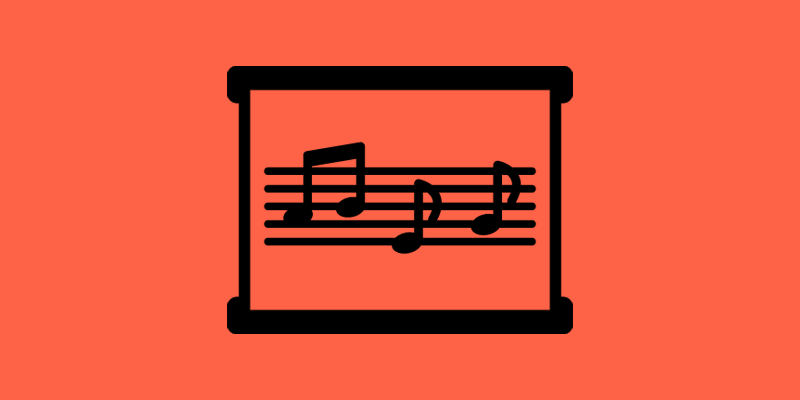Beyond Melodies
Music, often described as the universal language, has a profound impact on human emotions, culture, and creativity. The fusion of Artificial Intelligence (AI) and music composition has given rise to groundbreaking advancements that extend far beyond mere melodies. In this article, we’ll explain how AI is reshaping the world of music, from composing symphonies to enhancing music education and challenging our traditional understanding of art and creativity.
AI and Music Composition: A Harmonious Partnership
Traditionally, music composition was a realm exclusively reserved for human composers. However, AI, particularly through the use of Recurrent Neural Networks (RNNs) and deep learning, has emerged as a powerful collaborator for composers. Here’s how AI is revolutionizing music composition:
- Data Analysis: Algorithms analyze vast databases of musical compositions, identifying patterns, harmonies, and structures used by human composers
- Composition: AI generates original music by combining elements it has learned from various compositions, all while adhering to specific stylistic guidelines
- Collaboration: Often, human composers collaborate with AI, using it as a tool to spark creativity and expand their musical horizons
AI’s Role in the Modern Music Landscape
- Enhanced Creativity: AI helps human composers overcome creative blocks by suggesting novel melodies, harmonies, and rhythms
- Music Production: AI streamlines music production by providing compositions that can be adapted and enhanced to create full songs
- Music Education: AI-assisted composition tools are used in music education, enabling students to explore music theory and create their compositions
- Music Discovery: AI-driven algorithms recommend personalized playlists and new music based on individual tastes
AI-Generated Music in Practice
- Amper Music: This AI platform creates music for commercial use, serving as an example of AI’s integration into the music industry
- OpenAI’s MuseNet: This AI system generates compositions across a variety of musical genres and styles, catering to diverse musical tastes
- Aiva: An AI composer that assists musicians and composers in creating original scores for their projects
Beyond Melodies: The Controversies
As AI-composed music gains prominence, it raises critical questions:
- Emotion and Creativity: Can AI capture and convey human emotions through music?
- Copyright and Ownership: Who owns the rights to AI-generated music, the human creator, or the AI system?
- Authenticity: Is AI-composed music truly original, or is it just a reflection of learned patterns and styles?
Impact on the Music World
The influence of AI in music composition is already substantial:
- Collaboration: AI is increasingly becoming a tool for human composers, offering fresh inspiration, and supporting creative processes
- Accessibility: AI democratizes music composition, making it more accessible to aspiring composers and artists
- Music Creation: AI is transforming how music is produced, enabling musicians to experiment with styles and genres they might not have considered otherwise
The Expanding Boundaries of Music
AI’s role in music composition has moved beyond simple melody generation. It has become an indispensable collaborator, catalyst for creativity, and source of inspiration for musicians worldwide. As AI continues to evolve, we can expect it to play an increasingly prominent role in redefining what music can be. While it may never fully replace human creativity, AI is undoubtedly expanding the boundaries of what is musically possible.





